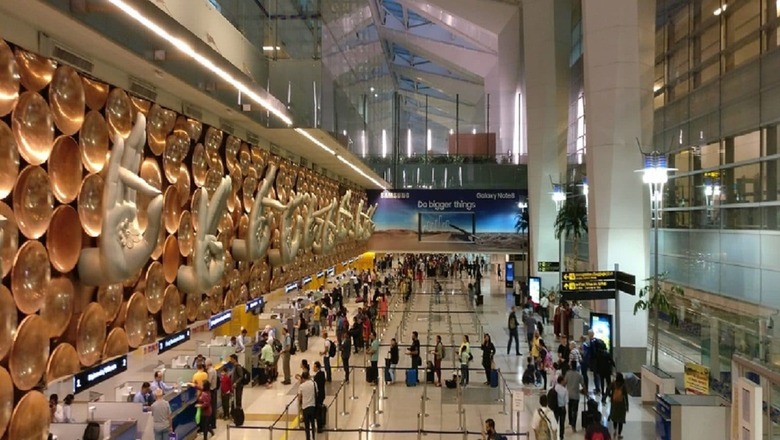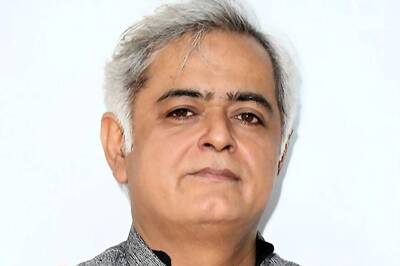
views
Finance Minister Nirmala Sitharaman has announced the roadmap for Rs 6-trillion asset monetisation plan. The NDA government had earlier announced that it would unveil a plan to monetise brownfield infrastructure assets but a war of words has erupted after the FM’s recent press conference.
Even the main opposition party, the Congress, accepts that we need to improve our infrastructure to achieve economic goals and Rahul Gandhi has went on to the extent of saying that he is not against privatisation. Before jumping to any conclusion, it is necessary to understand the salient features of the scheme announced by the government.
Asset monetisation is different in its form and substance from outright privatisation. Here, government will continue to hold the ownership of the assets and the investor will only enjoy the right to operate the asset for a specific period. This kind of arrangement has some of the characteristics of the Build Operate Transfer (BOT) model under Public-Private Partnership (PPP) wherein assets are operated by the developer for a specific period and then transferred back to the government.
In the current situation, since brownfield assets (i.e., assets which have already been created) are to be monetised, the ownership will always remain with the government while entry of a private player will unlock the economic potential of these assets. For perspective, it is worthwhile to highlight that the UPA government had entered many PPP agreements and even Hyderabad Airport and Delhi Airport, which are named after Rajiv Gandhi and Indira Gandhi respectively, were leased to GMR Infrastructure for an initial period of 30 years. Jibes and slogans are good for elections but it is not necessary that will benefit the economy too.
The Infrastructure Investment Trust (InvIT) route has opened new opportunities for the government to monetise brownfield assets and utilise the proceeds for creation of new assets. If the monetisation proceeds are used to finance the operating expenditure of the government and cover-up the fiscal deficit, then the opposition has every right to raise an alarm but if it is used for creation of new assets then opposing such move is opportunistic and myopic. For instance, the Power Grid Corporation of India, a public sector company, monetised some of its transmission assets and generated more than Rs 7000 crore, which was largely utilised for repayment of debt. Legal ownership of these transmission lines will continue to remain with the government.
When someone opposes asset monetisation initiative, they fail to appreciate the fact that the government can’t undertake infrastructure development on its own and as a country we need to realise the full potential of the assets which have already been created. Ports, roads etc. will continue to remain a white elephant if they are not put to effective economic use. Budgetary allocations are not enough to meet our infrastructure goals and monetisation of existing assets will bring the necessary funds to the government for further expansion. It is like a win-win situation for the government as well as the investor.
While more details on the scheme are awaited, it is important that proper care is taken while drafting the rules. Large value deals always carry a risk of financial impropriety and our country has already seen blatant abuse of power by the UPA regime. Prime Minister Narendra Modi enjoys a great reputation for his honesty and I believe the ruling party will do everything possible to maintain it. If the government wants to make this initiative meaningful, then it should ensure that the concession period doesn’t cover the entire residual life of the asset and government gets a reasonable rate of return on its investment. Private players will come forward with the expectation of good returns but at the same time the Government of India should also be able to extract its rightful share from the investment which has gone into creating the assets.
The author is a Chartered Accountant and Public Policy Analyst. The views expressed in this article are those of the author and do not represent the stand of this publication.
Read all the Latest News, Breaking News and Assembly Elections Live Updates here.




















Comments
0 comment